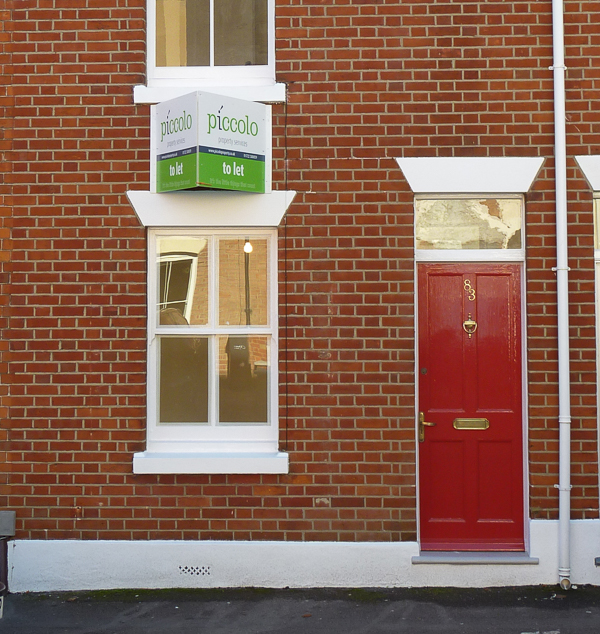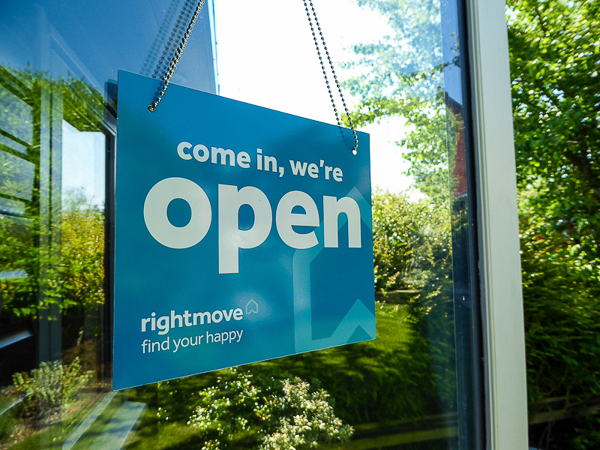If you are considering renting out your home there are several things you need to think about before you take the next step in letting your property. A good letting agent will guide you through the process but we have outlined the main points below:

Most prospective tenants start looking for a rental property about 6 – 8 weeks before they plan to move and so it is generally not worth marketing your property more than 8 weeks before it is going to be ready to rent. However, in that time, there is plenty to do!
- Overseas Landlords. If you are moving overseas you will need to complete HMRCs Non-Resident Landlord’s form. Your letting agent will need your NRL1 approval number in order to pay you the rent without deducting tax.
- Mortgage Lender. You will need to inform your mortgage lender that the house is going to be rented and make sure you get the requisite permission prior to letting your property.
- Insurance. Update your insurance company to take into account that your property is going to be let. You may also want to take out additional insurance cover specifically designed for Landlords e.g. cover for boiler breakdowns, legal expenses or loss of rent.
- Energy Performance Certificate. You cannot rent a property without a valid EPC so ensure that your EPC is up-to-date. You can check this on the EPC register.
- Furniture. If your home is going to rented out furnished you need to make sure that all furniture and furnishings comply with the latest fire regulations.

- Gas Safety. All gas appliances (boilers, gas fires, cookers) and equipment must be serviced and certificated by a GAS SAFE-registered engineer. Make sure that you do this in plenty of time to ensure that you have the Landlord’s Gas Safety certificate by the tenancy start date.
- Electrical Safety. Make sure that all electrical wiring has been checked and safety approved by a qualified electrician.
- Chimneys. If you have a woodburner or open fire, make sure that the chimneys are swept. Check with your letting agent whether you (as Landlord) or the Tenant is responsible for having the chimney swept once the house is rented.
- Smoke Alarms. Ensure that there is a smoke detector fitted on each floor of the property.
- Carbon Monoxide Alarm. Ensure that there is a carbon monoxide detector fitted in each room which has a solid fuel burning appliance (open fire, oil boiler or woodburner). It is also seen as good practice to fit a carbon monoxide detector where a gas boiler is present.
- Maintenance. Arrange for any outstanding maintenance issues to be dealt with.
- Telecoms, Sky, Virgin. Give notice to your telecoms provider so that the line can be taken over by your tenant from the start of the tenancy.
- Pre-tenancy cleaning. If you plan to have the house professionally cleaned, make sure that you book the cleaners in plenty of time. The standard of cleanliness is reflected in the inventory and schedule of condition and it is recommended that the property, carpets and cooker are all cleaned to a professional standard.
- House Folder. Put together a house folder of equipment user guides e.g. for the boiler, gas fire and any other electrical appliances to be left in the house.
- Arrange mail-re-direction.
- Arrange for keys to be cut.
- Ensure that the garden is tidy and if necessary, draw up notes about care of shrubs or plants to help your tenants. Most tenants will not care for your garden as well as you do!
- Property Notes. All houses have ‘idiosyncrasies’ so it is helpful to draw up notes to assist your tenants settle in quickly.

- A good letting agent will help ensure that you find the right tenant. They will also carry out all the necessary referencing and Right to Rent checks and ensure that the letting process runs smoothly.
- Inventory. An Inventory & Schedule of Condition should be drawn up just before the start of the tenancy. This is a detailed record of the condition of the property, and all the fixtures and fittings. It provides a written benchmark at the start of the tenancy and should be agreed by both Landlord and Tenant. For more information read our Blog ” The Importance of the Inventory & Schedule of Condition”.






Share this with
Email
Facebook
Messenger
Twitter
Pinterest
LinkedIn
Copy this link